The Amazon rainforest fires have sparked a public outcry and a worldwide call to get serious about climate change. But now, the spread of misleading information and politically motivated angles threatens to undermine this message
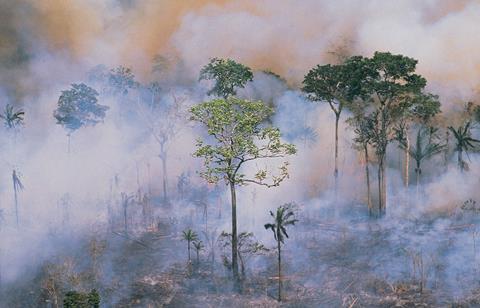
Several reputable news sources, including the BBC, initially reported that this year had seen a record number of Amazon fires. Many of these articles later ran corrections online, to say that this year actually had the highest number of fires since 2010.
So 2019 is not the worst year in recent history; Brazil experienced much more fire activity in the 2000s. In 2005 there were 133,000 fires in the first eight months of the year. In fact, US space agency NASA argues that overall fire activity in the Amazon basin was actually slightly below average this year – while there had been more fire activity in Amazonas and Rondonia, there were fewer fires in the states of Mato Grosso and Pará. It seems likely that 2019 has not been a particularly bad year for fires of this nature.
PUBLIC IS GALVANISED
Does that mean the fires should not be cause for concern? No. But the fear is that such misinformation, confusion and political intrigue could cloud the issues really at hand – the impacts of deforestation in the Amazon, and growing fears around climate change.
On the 22 August, the French president, Emmanuel Macron tweeted: “Our house is burning. Literally. The Amazon rainforest – the lungs which produces 20% of our planet’s oxygen – is on fire. It is an international crisis. Members of the G7 Summit, let’s discuss this emergency first order in two days! #ActForTheAmazon.”
What followed was an international outcry, with celebrities like actor Leonardo DiCaprio, football star Cristiano Ronaldo and singer Madonna tweeting about the burning rainforests and the perils of climate change.
The public was united behind the cause. Social media exploded and fears around climate change reached dizzying heights. Public scrutiny was at a peak, with people taking great interest in what was causing the fires and what could be done.
FAKE NEWS’?
Unfortunately, it was at this point that things took a dramatic downturn, as it emerged that many of the images and figures that had captured the public imagination were fake, out of date or just plain wrong.
The photo posted by Ronaldo was taken in Southern Brazil, not the Amazon, and was from 2013. The image shared by Macron and DiCaprio was over 20 years old, and the picture used by Madonna was over 30 years old.
Meanwhile, reports that a blackout in the city of São Paulo – more than 2,700km away – had been caused by smoke from the Amazon fires were also called into question, with some meteorologists arguing that it came from major fires burning in Paraguay.
Suddenly, the story of the Amazon fires became another case of ‘fake news’, leading to fears that the real issues at hand would be overlooked.
Danny Wong, risk manager and founder of Goat Risk Solutions, says: “Social media, with its many platforms, while useful and fun, lacks the controls of fact-checking.
This then moves into mainstream media with varying credibility and seriousness, and with many articles focused on the celebrity aspect of the issue.”
Independent risk consultant Gareth Byatt says: “It’s important that we use reliable sources of information and data to find out what’s really happening. We mustn’t rely on ‘sound bites’ made off the cuff by people not in possession of the proper facts. The fact that the thousands of forest fires burning across the Amazon this year has been brought to global attention will hopefully mean that the global community will become more curious as to why this is taking place.”
Risk consultancy Satarla CEO Sarah Gordon adds: “Attention to something like the destruction of any natural resource is a good thing. The problem comes when incorrect or misleading information discredits those facts that are correct. This can then be used by opposing parties to derail initiatives that are attempting to solve problems.”
Most experts have been suggesting the root cause of the Amazon fires is deforestation, but it is not clear whether this has been legal or illegal, or who has been starting the fires. Political machinations have ruled the day.
Conservationists blame Brazilian president Jair Bolsonaro, saying that he has promoted development over conservation. The president has hit back, accusing NGOs of setting the fires to make him look bad.
Amazon fire expert Daniel Nepstad is concerned the coverage of the fires will worsen the situation, alienating Brazilian farmers and failing to focus on the difference between accidental and intentional fires.
He told Forbes magazine: “I don’t like the international narrative right now because it’s polarizing and divisive. Bolsonaro has said some ridiculous things and none of them are excusable but there’s also a big consensus against accidental fire and we have to tap into that. I don’t mind the media frenzy as long as it leaves something positive.”
“Sending in the army is not the way to go. People forget there are legitimate reasons for small farmers to use controlled burns to knock back insects and pests.”
Gordon agrees: “To a controlled extent, we need deforestation and man-made fires for our soil to remain fertile and productive. But we also need to ensure that those around us truly understand what we are doing.”
THE HEAT IS ON YOU
Public scrutiny of climate change and deforestation is at an all-time high. Risk managers must therefore interrogate their business practices and check what potential pitfalls there are, particularly from a reputational perspective.
Byatt says: “On the subject of deforestation, businesses should be looking at the specifics of what they do and how they can play their part to help the planet to be more responsible and to protect forests.”
Wong adds: “Businesses need to understand that serving the society and communities they operate in is part of their remit, it’s not just about profits and shareholder returns.”
Companies must also examine their policies on climate change. Environmental activism is on the rise and businesses that fail to plan for this may find themselves on the receiving end of unwanted media and political attention.
Byatt says: “Investors, the public, your local communities, your employees and supply chain – everyone is taking an active interest in sustainability. Businesses must play their part in helping tackle climate change and the broader matters of sustainability. It makes good business sense to do so.”
The Amazon fires should also sound a warning bell for companies about the importance of social media monitoring. The spread of information through social media – whether real or otherwise – can exacerbate a crisis situation. Risk managers should think about including ‘fake news’ on risk registers and have strategies in place to deal with fast-moving issues.
Byatt explains: “An important thing for organisations to do in times of a crisis is to be proactive with their communication. Even though you probably won’t know the full details in the early period of a crisis event breaking, you need to start communicating quickly.”
“You need to have thought about it beforehand, with good crisis management planning in place, and to have practised it in exercises so that you are ready at any point to ‘get into gear’ when you need to.”
Gordon concludes: “If your actions have a large visible impact, more individuals will jump to conclusions regarding what it is you are doing. Many of these individuals will suspect the worst, especially if you have not engaged with them in any way prior to your activities. Today, everyone is a stakeholder.”











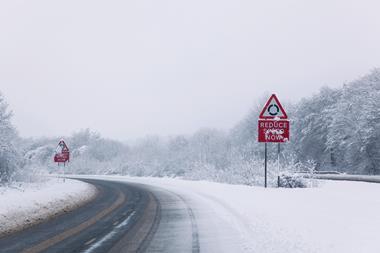
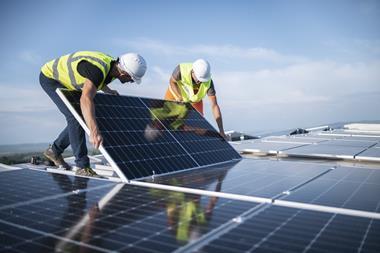
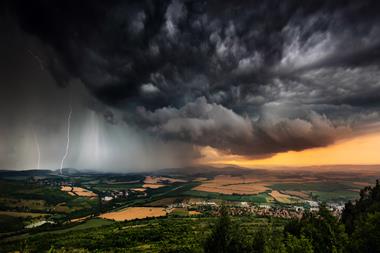
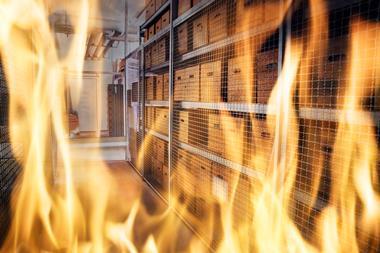
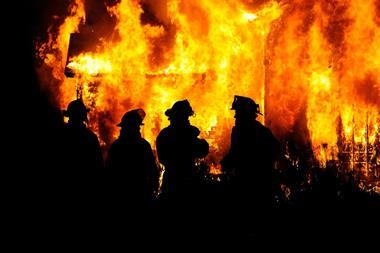
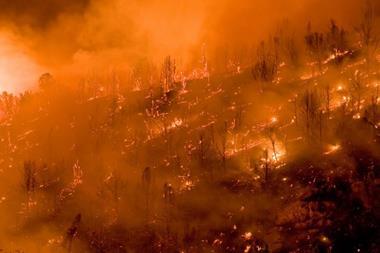



No comments yet